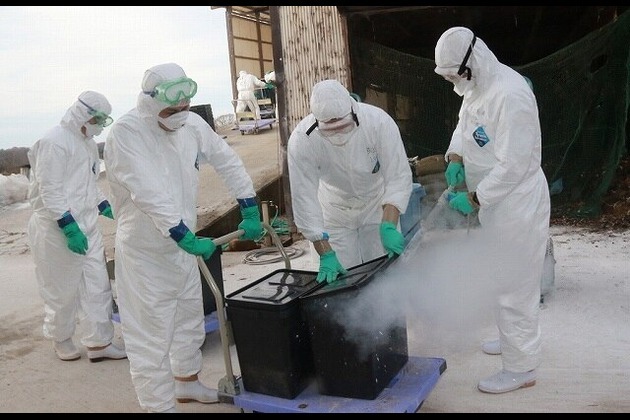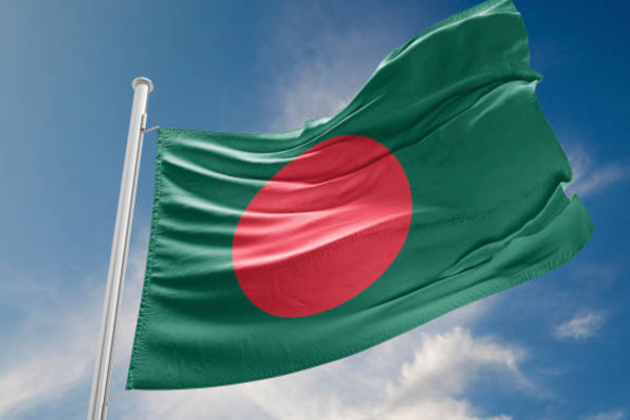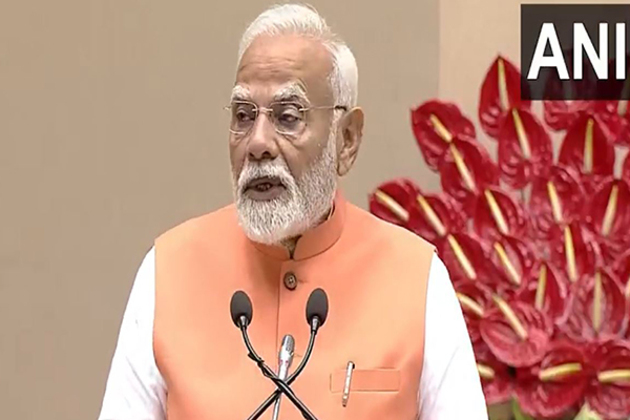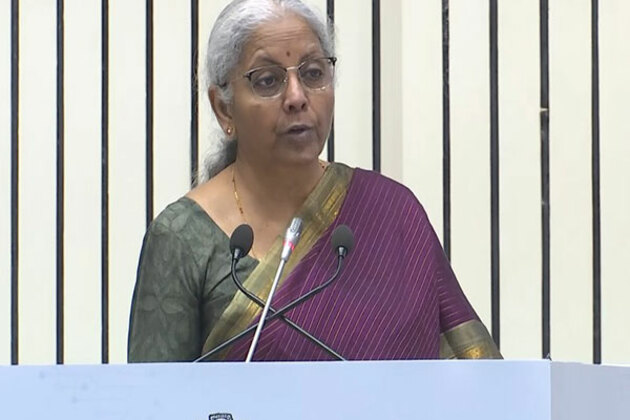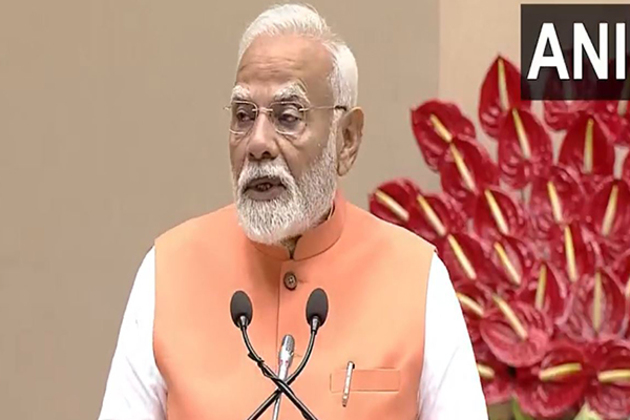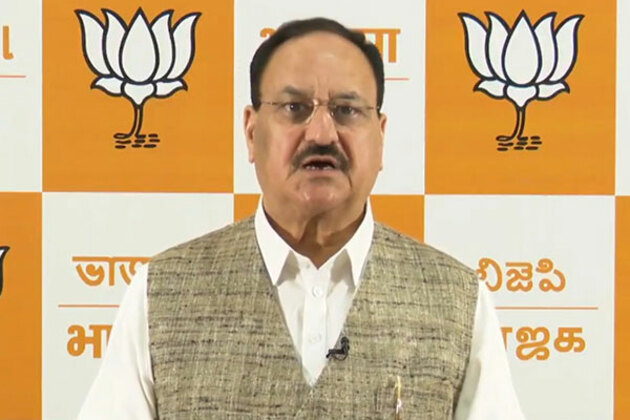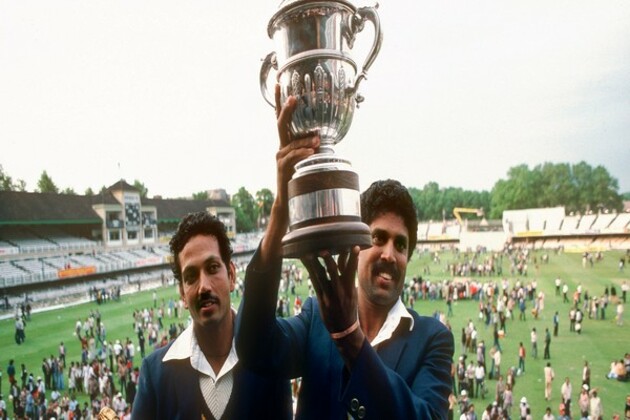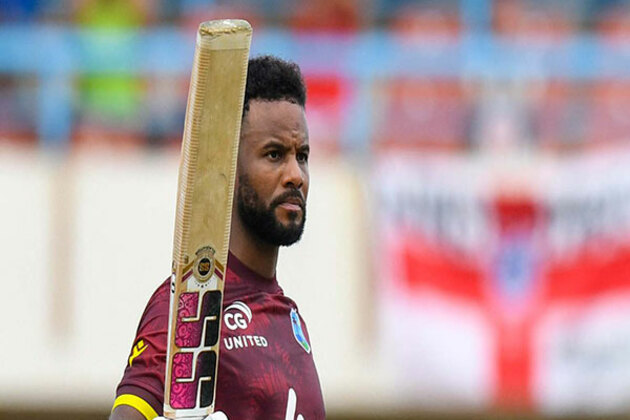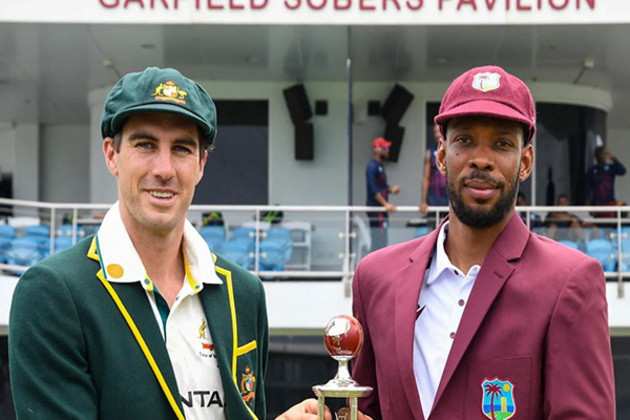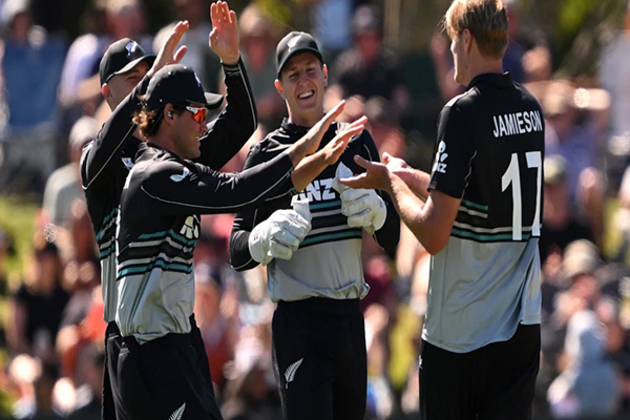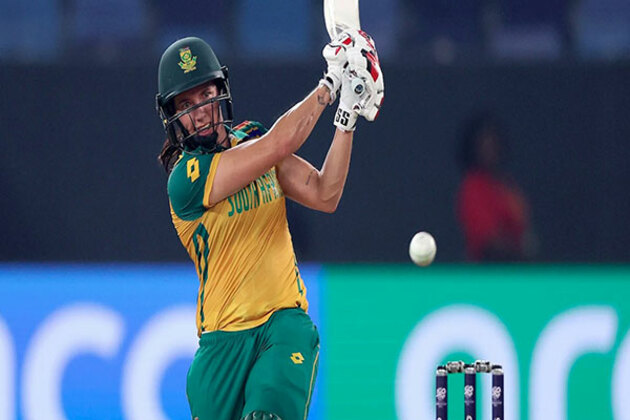Terrorism among key collective challenges for Global South: EAM Jaishankar
ANI
23 May 2025, 19:51 GMT+10
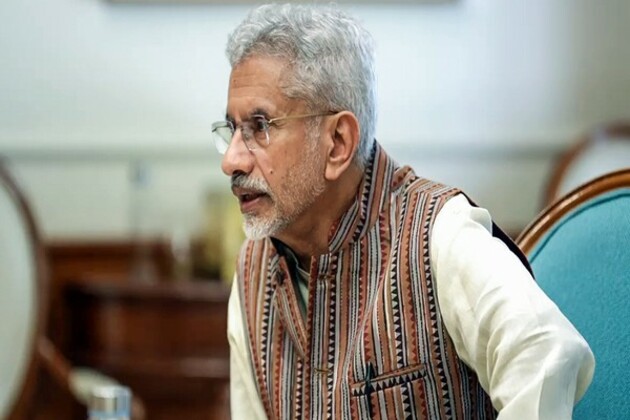
Copenhagen [Denmark], May 23 (ANI): External Affairs Minister S Jaishankar on Friday said that terrorism remains one of the foremost collective challenges faced by the Global South, alongside climate change, poverty, and the long-term impact of the COVID-19 pandemic.
In an interview with Danish newspaper Politiken, the Minister stated, 'Of the major collective challenges today, I would place terrorism at the top--alongside climate change, growing poverty, and the consequences of the COVID-19 pandemic in the Global South.'
The term 'Global South' broadly refers to developing countries in Africa, Asia, Latin America, and Oceania.
Speaking about the recent escalation of tensions between India and Pakistan, Jaishankar said, 'It wasn't a conflict between India and Pakistan over Kashmir. It was a terrorist attack.'
On April 22, at least 26 tourists, including one Nepali citizen, were killed in a terror attack in Jammu and Kashmir's Pahalgam. In response, the Indian Armed Forces launched Operation Sindoor on May 7.
Jaishankar offered a two-fold response to India's continued crude oil imports from Russia amid the ongoing Russia-Ukraine conflict, saying, 'Let me split the answer in two. One is about borders, and the other about energy.'
Referring to historical context, the EAM said, 'Our borders have been violated by Pakistan in Kashmir ever since our independence in 1947. And what have we seen in the eight decades since then? That large, democratic Europe, to use your own term, has stood side by side with military dictatorships in the region. No one has supported the military regime - and undermined democracy in Pakistan in so many ways - as much as the West.'
He emphasised that India respects sovereignty and internationally recognised borders, adding, 'But my worldview and my view of Europe are shaped by my own experiences. You talk about the inviolability of borders - well, why don't we start with the inviolability of my borders? That's where my world begins. But we've always been told that we had to solve that ourselves.'
On the Russian energy issue, Jaishankar pointed out that Europe, despite its outrage and sanctions, still imports energy from Russia. At the same time, Europe is driving up energy prices for all developing countries, including India.
'Wealthy Europe turned to the Middle East because it had a problem with Russia and offered inflated prices to get oil redirected to Europe. So what happened was that many countries - not just us - could no longer afford it. The major oil companies didn't even respond to purchase offers because they were too busy selling to Europe,' he said.
'What was the rest of the world supposed to do? Say 'okay', we'll just do without energy because Europeans need it more than us?' he asked.
He added that matters aren't made easier by the fact that major oil-producing countries like Iran and Venezuela are also subject to Western sanctions.
'We are societies where income levels are 1/120 of Europe's. For us, energy is a matter of life and death. Just as Europe has every right to make its own choices, you should respect our right to do the same. Let us find our own solutions,' he said.
Speaking on the emerging new world order, Jaishankar said, 'To call it a new world order is probably a bit premature, because things are still in flux. But the outlines are beginning to take clearer shape.'
'There are still strong imprints from the previous, or old, order. So it's not that a new world order has completely displaced the old one. But we are seeing a gradual rebalancing. It began with the economy, and it continues culturally and through new partnerships between countries. This is an evolution we are witnessing. What should global norms be? Who gets to decide?'
He underlined that the world is becoming less Western, more diverse, more global, and significantly more Asian.
'Countries, just like societies, need norms, rules, and platforms where they can meet and cooperate. If you ask me what I do on a daily basis, it's about finding common ground between countries. If you look at the 20-30 largest economies in the world, they have overall become less Western, more diverse, more global, and significantly more Asian,' he said.
Highlighting the 2008 global financial crisis, Jaishankar stated, 'The global financial crisis in 2008 was a turning point because it showed that the West couldn't handle it alone. So the former G7 and G8 countries became the G20 during that period.'
'Our institutions are lagging behind global realities. When they were founded, the UN had 50 members. How can the same institutions function now with nearly 200 members? Large parts of the world feel they are not part of the decision-making process in the central international organisations,' he said.
The EAM added, 'The UN doesn't really work, because it's anachronistic - because a few countries block the majority's desire for change. But then countries will simply find other ways to cooperate. It's becoming less and less relevant. But politics is like water. It finds a new balance.'
'As I see the emerging world order, we're heading towards a much more multipolar world. And a world where the importance of the alliances that were part of the previous world order is diminishing. I'm not saying the alliances will disappear, because I don't believe that. But in Asia, it's more about cooperation on shared interests rather than entering treaties or writing down rules,' he added.
Jaishankar is on an official visit to the Netherlands, Denmark, and Germany from May 19 to 24. Earlier in the day, he met with German Chancellor Friedrich Merz in Berlin and conveyed Prime Minister Narendra Modi's best wishes. (ANI)
 Share
Share
 Tweet
Tweet
 Share
Share
 Flip
Flip
 Email
Email
Watch latest videos
Subscribe and Follow
Get a daily dose of Barbados Bulletin news through our daily email, its complimentary and keeps you fully up to date with world and business news as well.
News RELEASES
Publish news of your business, community or sports group, personnel appointments, major event and more by submitting a news release to Barbados Bulletin.
More InformationWorld
SectionBrazil aims to restart poultry trade after bird flu clearance
SAO PAULO, Brazil: Brazil is taking confident steps to restore its dominance in global poultry exports after declaring its commercial...
Bangladesh Election Commission reinstates registration of Jamaat-e-Islami
Dhaka [Bangladesh], June 25 (ANI): The Bangladesh Election Commission (EC) on Tuesday reinstated registration of the anti-independence,...
'We salute every person who stood firm': PM Modi recalls fight against Emergency
New Delhi [India], June 25 (ANI): On the 50th anniversary of the 1975 Emergency, observed as Samvidhan Hatya Diwas, Prime Minister...
"Emergency happened due weaponisation of laws, subversion of judicial independence": Sitharaman on Samvidhan Hatya Diwas
New Delhi [India], June 25 (ANI): As the Centre marks the 50th anniversary of the Emergency as 'Samvidhan Hatya Diwas, Union Finance...
"Prime example of their shenanigans": On anniversary of Emergency, PM Modi attacks Congress, says no Indian will forget how spirit of Constitution violated
New Delhi [India], June 25 (ANI): On the 50th anniversary of 1975 Emergency on Wednesday Prime Minister Narendra Modi described it...
"Even 50 years later Congress continues with Emergency mindset": BJP on 'Samvidhan Hatya Diwas'
New Delhi [India], June 25 (ANI): Union Minister Jagat Prakash Nadda and Bharatiya Janata Party president has launched a blistering...
Caribbean
SectionMLC: Shubham Ranjane, Donovan Ferreira shine as Texas Super Kings beat LA Knight Riders by 52 runs
Dallas [US] June 25 (ANI): A fast and steady knock from Shubham Ranjane, helped by a quick cameo from his U.S teammate Donovan Ferreira...
From underdogs to champions: India's historic 1983 ODI World Cup triumph over West Indies
New Delhi [India], June 25 (ANI): India marked one of the greatest days in cricket history as they lifted the ICC ODI World Cup for...
"Always a lot of joy and pride": Shai Hope on his return in West Indies test squad
New Delhi [India] June 25 (ANI): West Indies wicketkeeper/batter Shai Hope reflects on his comeback in the Caribbean playing 11, making...
West Indies, Australia announce playing 11 for opening test at Barbados
New Delhi [India] June 25 (ANI): West Indies and Australia have announced their playing XIs for the opening Test in Barbados, which...
New Zealand announce schedule for their upcoming home fixtures
New Delhi [India] June 25 (ANI): New Zealand have announced their schedule for the upcoming home summer, with a whopping five teams...
Brits records career-bests in ICC Women's T20I, ODI Rankings
Dubai [UAE], June 24 (ANI): South Africa opener Tazmin Brits is at career-best positions in both the ICC Women's T20I and ODI Batting...

